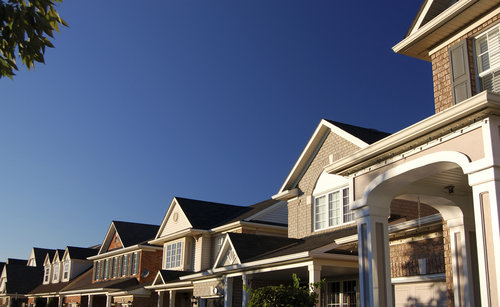
Startup hotbeds like San Jose are seeing higher shares of million-dollar home values than the rest of the country, while rust belt cities seem to be lagging behind. LendingTree collected data from over 150 million U.S. homes and ranked the top 50 cities by homes valued at or above $1 million.
Although many startups may never get off the ground or lack large investment pools, it’s hard to deny that the ever-changing startup market is contributing to high home values in target areas. In San Jose, over 53 percent of homes are valued above $1 million, the highest in the country. The median housing value is $1,069,000, making it the only city where the median value exceeds $1 million.
In the top five cities with the most homes valued above $1 million, four of them are in California. Behind San Jose, San Francisco’s median home value is $891,000, with more than 40 percent of homes valued above $1 million. After California’s two tech giants, Los Angeles follows in third with a humble 17.2 percent of homes valued above $1 million.
Among the cities with highest shares of million-dollar homes, the top nine are on the coast, while the lowest 10 are either inland or lakeside. The startup age has not been kind to the rustbelt, but California seems to be in a second gold rush. Rather than gold, interns sift through software code.
In other real estate news:
- Toll Brothers has been charged for violating the Fair Housing Act and accused of discriminating against disabled peoples by the U.S. Department of Housing and Urban Development (HUD). The developer’s Long Island City luxury condominiums “lacked safe and accessible routes” for disabled people, HUD told TheRealDeal. Charged alongside the Toll Brothers is Henry T. O’Hara Jr., the architect, and Sordoni Construction, the construction company.
- The U.S. Department of Justice announced the repeal of 24 guidance documents, some of which highlight the severity and illegality of housing discrimination. With these documents removed, it will be more difficult to find information on federal protection against racial discrimination in the housing market and the laws preventing it.
- Local Market Monitor identified 25 cities with the potential to experience a housing market boom. To be in a potential boom market, the housing prices need to be at least 15 percent greater than the “income price,” meaning the value of homes rise disproportionately above income levels. Denver’s metric is 47 percent, placing it at the top of the list. With no boom markets since 2008, it’s possible that some of these cities are well on their way to a housing boom.
